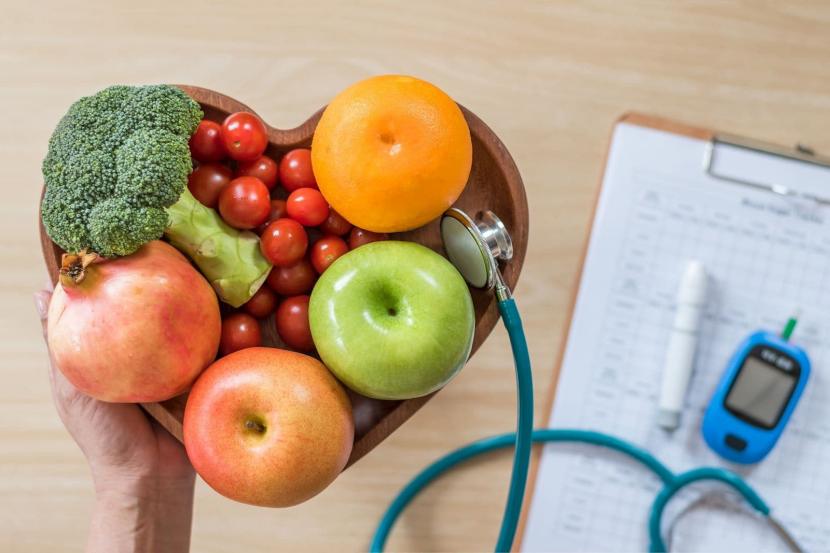Medicines taken by mouth can reduce the appetite for people with HIV.
REPUBLIKA.CO.ID, JAKARTA – Coinciding with the commemoration World AIDS Day which is celebrated every December 1st, fulfillment nutrition is an issue that needs attention, especially for people with HIV (Human Immunodeficiency Virus). The World Health Organization (WHO) says adequate nutrition can help slow development HIV becoming AIDS or a stage 3 HIV condition while improving their quality of life.
In those with HIV, the immune system works harder to fight off the invading infection. This is what sometimes makes them need more energy and nutrients from food.
Then, what kind of diet or diet should they apply? Page Medical News Today noted down its recommendations, namely a diet high in fruits, vegetables, and whole grains; then sources of lean protein, such as fish, poultry, or nuts, healthy fats, such as those from nuts, olive oil, or avocado and limit foods that are processed or high in sugar or salt.
However, there are often problems in fulfilling these nutrients, among others, because the drugs taken can reduce appetite, there are symptoms such as nausea and vomiting making it difficult to eat and fatigue and depression. Not to mention if there is diarrhea, which makes food nutrients not digested by the body.
As a result, those with HIV can lose weight. According to WHO, to help restore lost body weight (so that body weight becomes healthy), people with HIV can eat more staple foods such as rice, corn, wheat, bread, potatoes, sweet potatoes, sweet potatoes and bananas.
They also need to increase their intake of nuts, soy products, meat including chicken, fish, eggs, liver as often as possible, then fruits, yogurt, and snacks such as cassava chips and sandwiches. In addition, you should slowly increase your fat intake, for example, eating more peanuts, soybeans, sesame, avocado, and fatty meat.
If in compliance it causes diarrhea then reduce fat intake until symptoms end and gradually increase the amount of intake until the body can tolerate it. Another intake needed is more dairy products such as milk full-cream.
But for those who have difficulty digesting it, you should not have to consume dairy products, especially if there are symptoms of cramps and skin rashes. You can also add honey, syrup, or sweetener products to food.
“It’s important to try to eat, even though you may feel bad about eating, to avoid weight loss,” says the WHO.
If the bad appetite persists or the sufferer is experiencing certain illnesses, you can try snacks as a main meal, at least three times.
In those with diarrhea, it is recommended to drink more than eight glasses of water per day, consume soup, fruit juice diluted with water or an oral rehydration solution. They can also eat soft foods, including soft vegetables and to replace lost minerals try banana, mango, papaya, watermelon, pumpkin, pumpkin, potato and carrots in small but frequent portions.
It’s best to avoid a number of foods or drinks that can worsen diarrhea, such as foods that contain fat, milk that the body sometimes cannot tolerate, caffeinated drinks such as coffee and tea because they can worsen dehydration and very spicy foods.
– .


